2016 was a bit quiet on the writing front, too much going on IRL, but it ended on a high note with the publication of SNAFU:Black Ops featuring my short story The Waking Dragon. This is my third outing with the SNAFU series (stories of mine also made it into Hunters and Wolves at the Door) and they're always a lot of fun. Hopefully this shows through in the story itself. Obviously my fellow contributors and I did something right as Black Ops is curently sitting pretty with a 4.5 star average on Amazon. Apart from your humble correspondent there are also stories from Jonathan Maberry, Nicholas Sansbury Smith, James Lovegrove and... as the saying goes... many more. If you're a fan of action stories with a supernatural or sci-fi twist then it's definately worth checking out.
In another three-peat, an older story of mine, rounded out the year for the Hugo award-winning Starship Sofa podcast. Taking the High Road won the Jim Baen Memorial Writing Contest in 2012 and follows a doomed expedition to Mars as they find a new way of living on a comet hurting out of the solar system. Its guaranteed to piss off anyone who knows anything about orbital mechanics, but apart from that its a fine read, in fact it's one of my favourites. It's one of those stories that you look back on and think, "Did I really write that?" I think they did a great job turning it into an audiobook and its free! Why not have a listen and check it out for yourself?
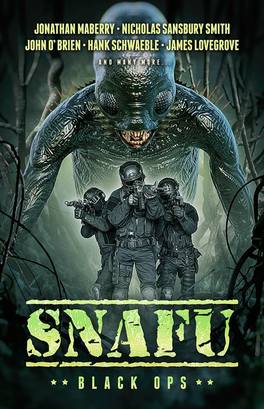
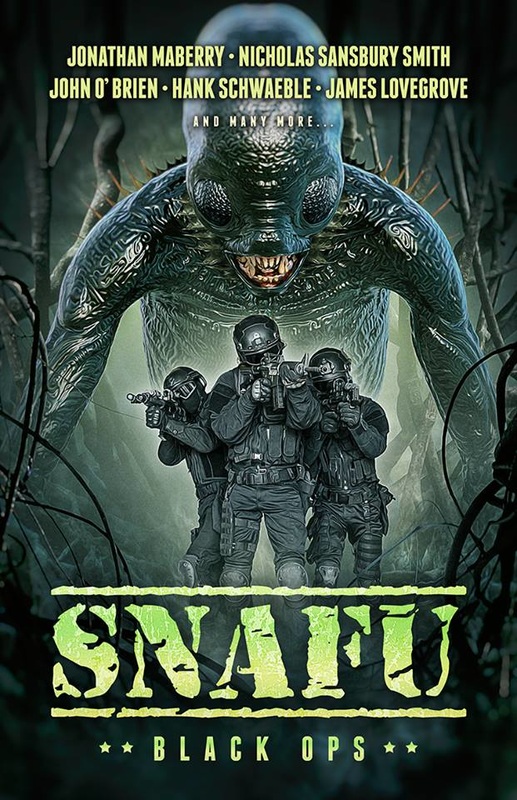
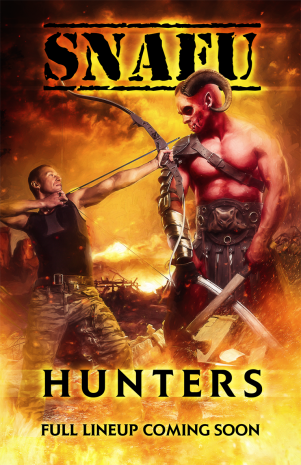
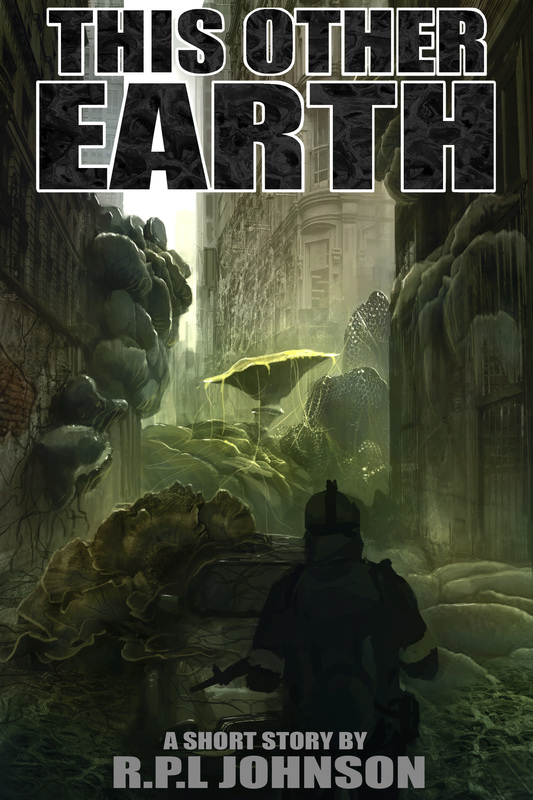
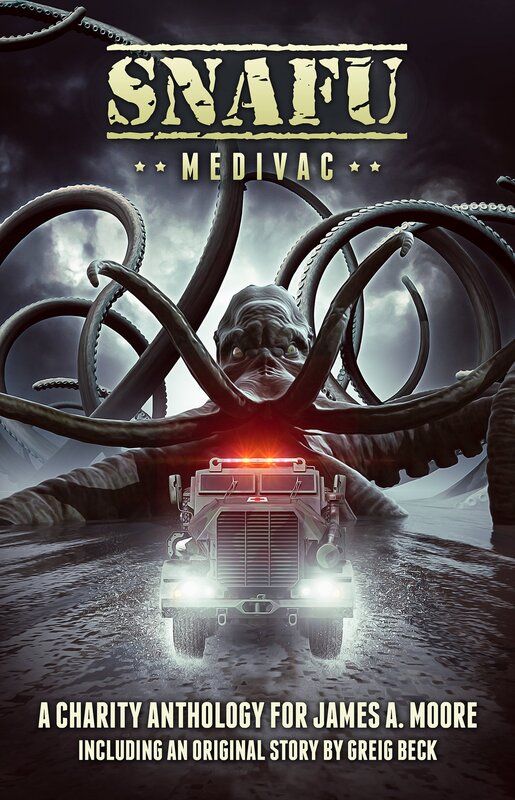
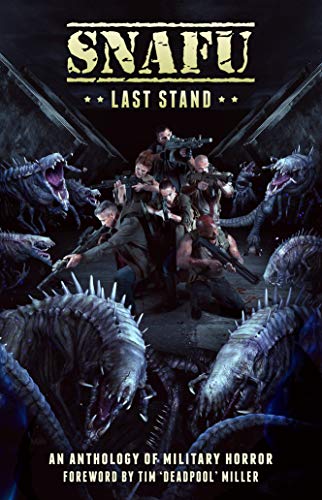
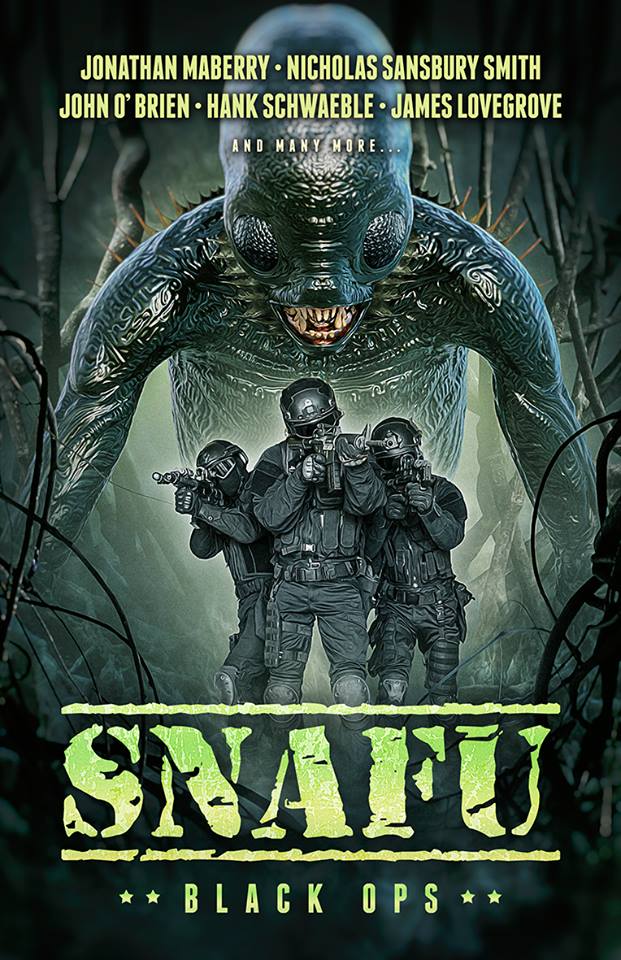
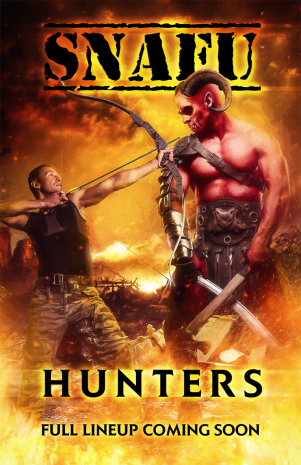
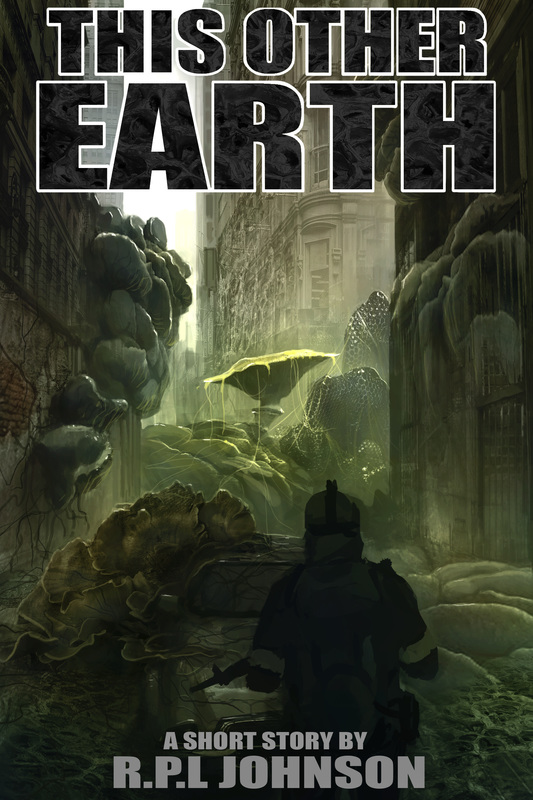
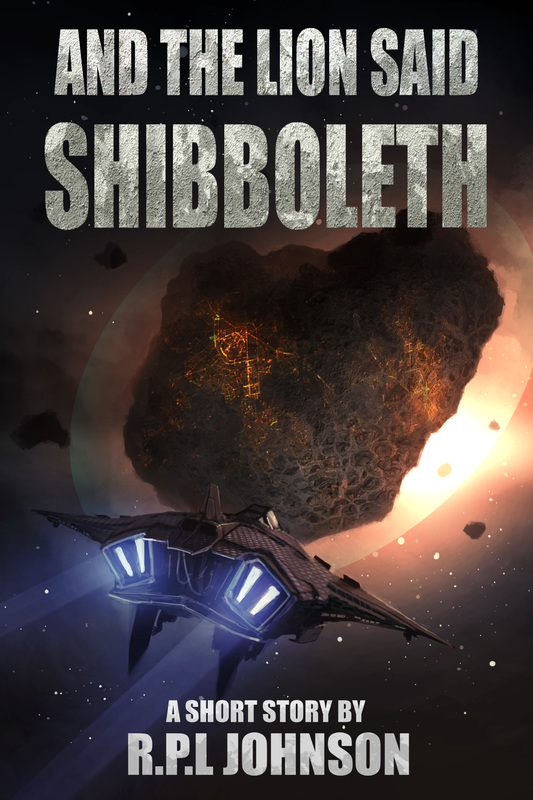
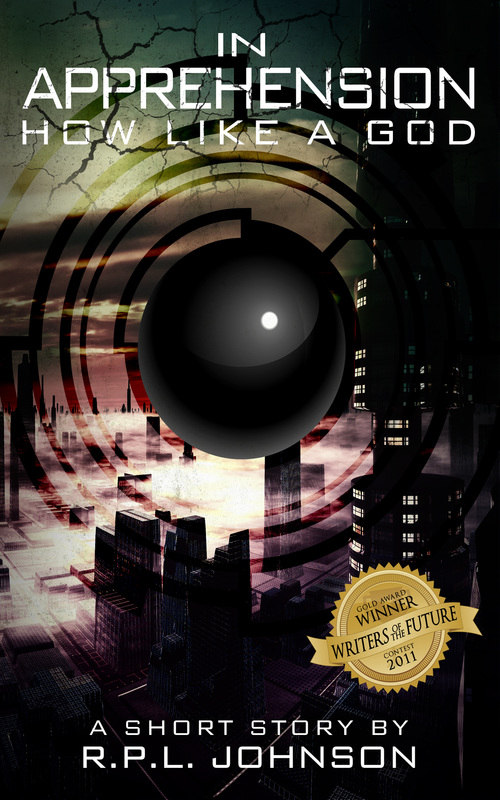
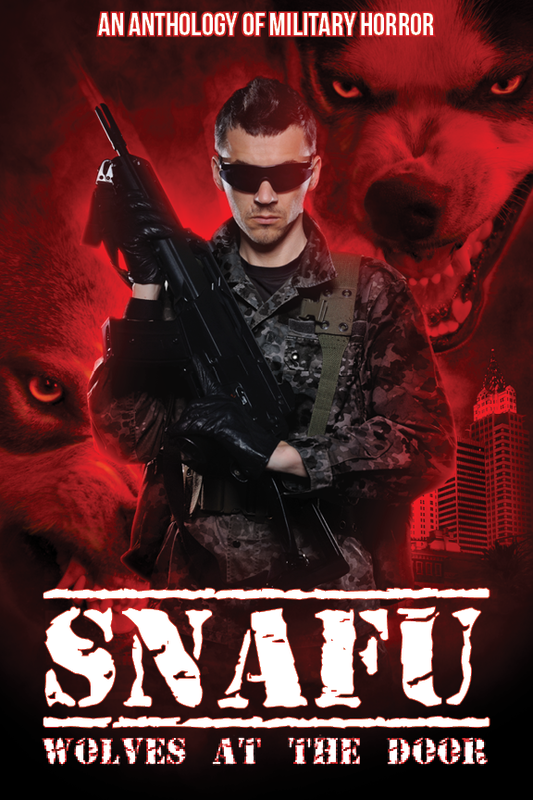
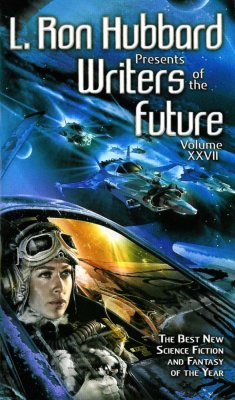
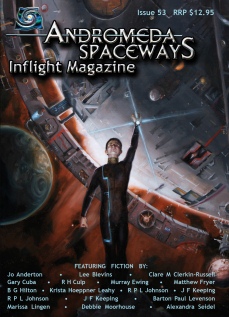
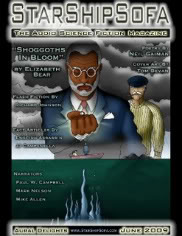
 RSS Feed
RSS Feed